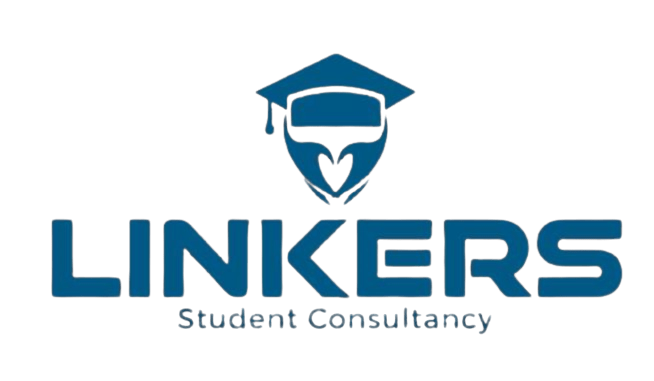In the globalized job market of today, securing a work permit can be a crucial step toward pursuing career opportunities abroad. Whether you’re a recent graduate looking to kick-start your career or a seasoned professional seeking new challenges, understanding the intricacies of work permits is paramount. This comprehensive guide, brought to you by Linkers Education, will provide you with expert advice and insights to navigate the complex world of work permits effectively.

Understanding Work Permits
What is a Work Permit?
A work permit, also known as a work visa or employment authorization, is an official document issued by a government that allows foreign nationals to legally work within a specific country for a designated period. These permits come with various conditions and restrictions, depending on the country’s immigration policies and the individual’s circumstances.
Types of Work Permits
Work permits can vary significantly from one country to another, with each nation having its own set of regulations and categories. Common types of work permits include:
- Temporary Work Permits: These permits are typically granted for short-term employment or specific projects.
- Permanent Work Permits: Designed for individuals seeking long-term employment opportunities in a foreign country.
- Skilled Worker Programs: Many countries have specialized programs to attract skilled professionals in high-demand sectors.
- Intra-Company Transfers: Facilitates the relocation of employees within multinational corporations.
Factors Influencing Work Permit Eligibility
Qualifications and Skills
Most countries have stringent criteria regarding the qualifications and skills required for obtaining a work permit. Academic credentials, professional experience, and specialized skills often play a significant role in the application process.
Job Market Demand
Government policies regarding work permits are often influenced by the demand for certain skills within the local job market. Industries experiencing shortages of qualified professionals may have more lenient work permit regulations.
Employer Sponsorship
In many cases, securing a job offer from a reputable employer in the host country is a prerequisite for obtaining a work permit. Employers may be required to demonstrate that they have attempted to fill the position with local talent before hiring a foreign worker.
The Application Process
Researching Work Permit Requirements
Before initiating the application process, it’s crucial to thoroughly research the specific requirements and procedures for obtaining a work permit in your desired country. Consulting with immigration experts or legal professionals can provide valuable insights and guidance.
Document Preparation
Gathering the necessary documentation is a critical step in the application process. Common documents required for a work permit application may include:
- Passport and travel documents
- Proof of employment or job offer
- Educational certificates and transcripts
- Criminal background check
- Health and medical records

Submitting the Application
Once all required documents are compiled, the next step is to submit the application to the appropriate government authority or immigration office. It’s essential to follow the instructions carefully and ensure that the application is complete and accurate to avoid delays or rejections.
Overcoming Challenges
Language Barriers
Navigating the work permit application process in a foreign country can be challenging, particularly if there are language barriers. Consider seeking assistance from translators or language services to ensure clear communication with immigration authorities.
Legal Complexities
The legal framework surrounding work permits can be complex and subject to frequent changes. Working with experienced immigration lawyers or consultants can help navigate legal complexities and ensure compliance with regulations.
Cultural Adaptation
Moving to a new country for work often entails adapting to unfamiliar cultural norms and practices. Taking the time to familiarize yourself with the local culture can facilitate a smoother transition and enhance your overall experience abroad.

Expert Advice from Linkers Education
Leveraging Professional Networks
Linkers Education offers invaluable resources and support to individuals seeking work permits and employment opportunities abroad. Through their extensive professional networks and partnerships with leading employers, Linkers Education connects candidates with promising career prospects worldwide.
Tailored Guidance and Support
With a team of experienced consultants and immigration experts, Linkers Education provides personalized guidance and support throughout the entire work permit application process. From initial assessment to document preparation and submission, their dedicated advisors ensure a seamless experience for clients.
Continuous Assistance
Even after securing a work permit and relocating to a new country, Linkers Education remains committed to supporting clients throughout their employment journey. From settling into a new environment to advancing in their careers, Linkers Education offers ongoing assistance and resources to facilitate success.
Conclusion
Navigating the intricacies of work permits can be daunting, but with the right guidance and expertise, it’s entirely achievable. By leveraging the expert advice and support provided by Linkers Education, individuals can confidently pursue exciting career opportunities abroad and embark on a rewarding professional journey. Remember, with the right preparation and assistance, the world is yours to explore.





